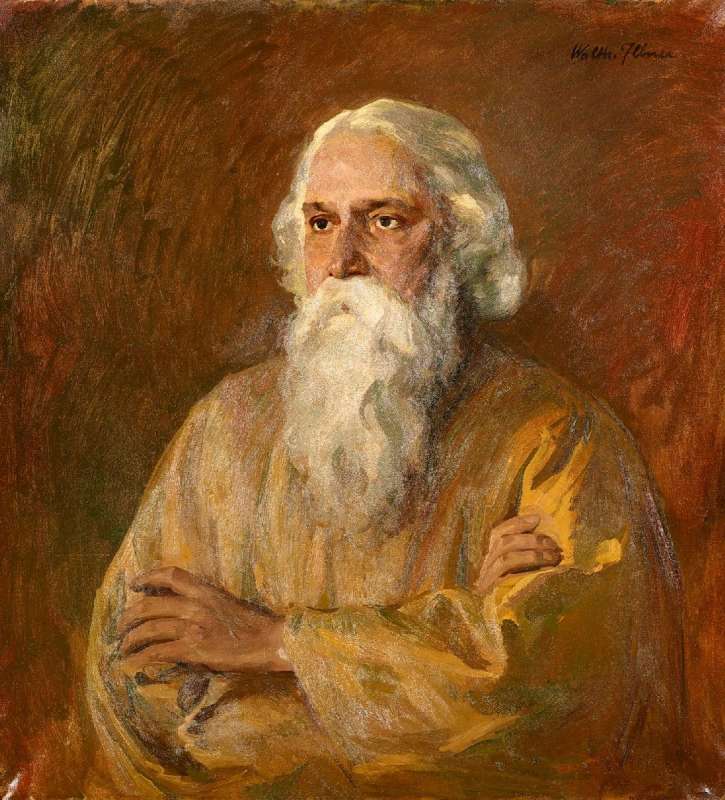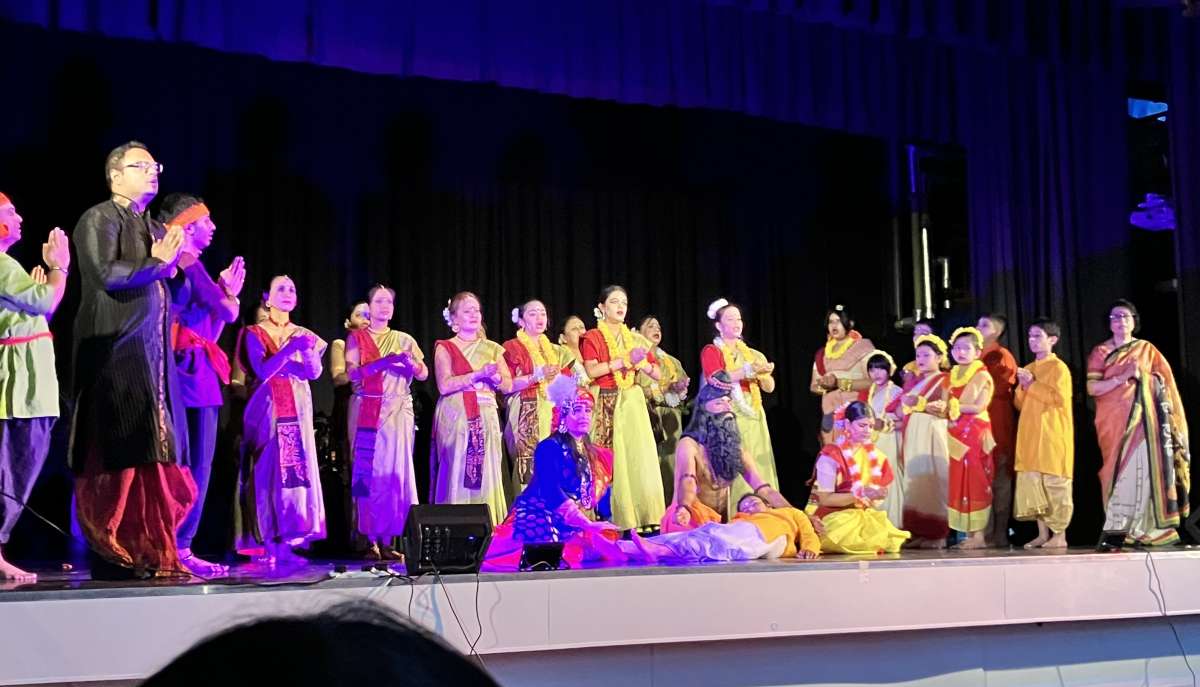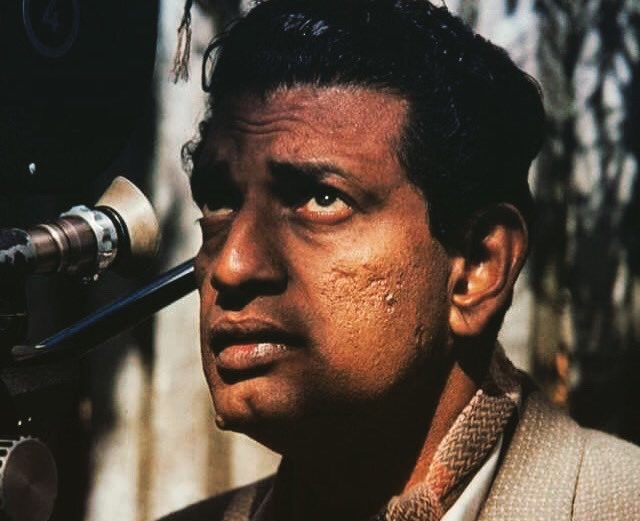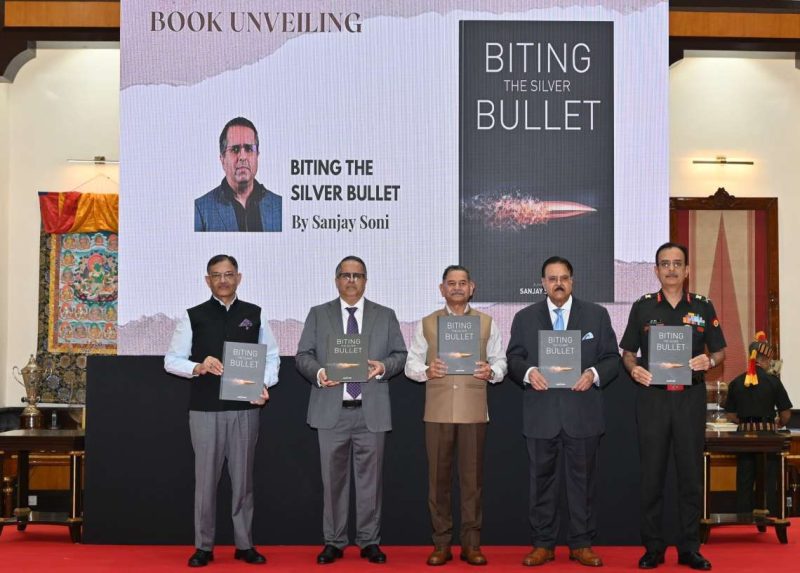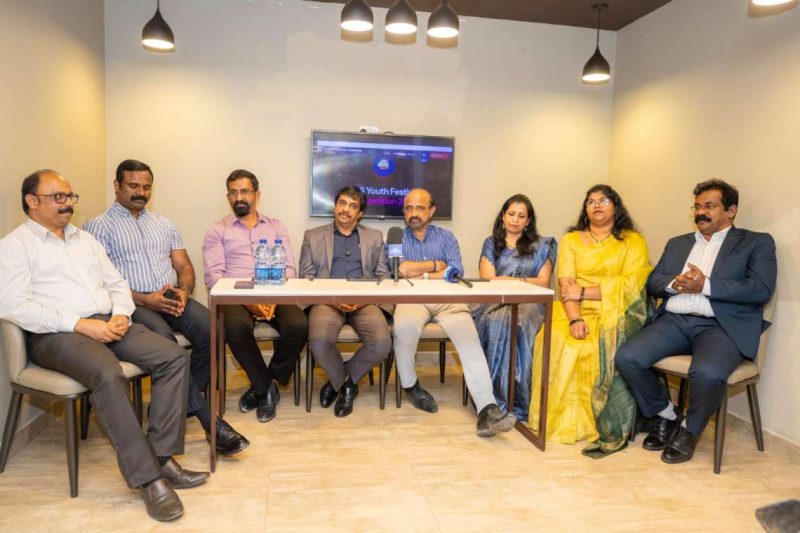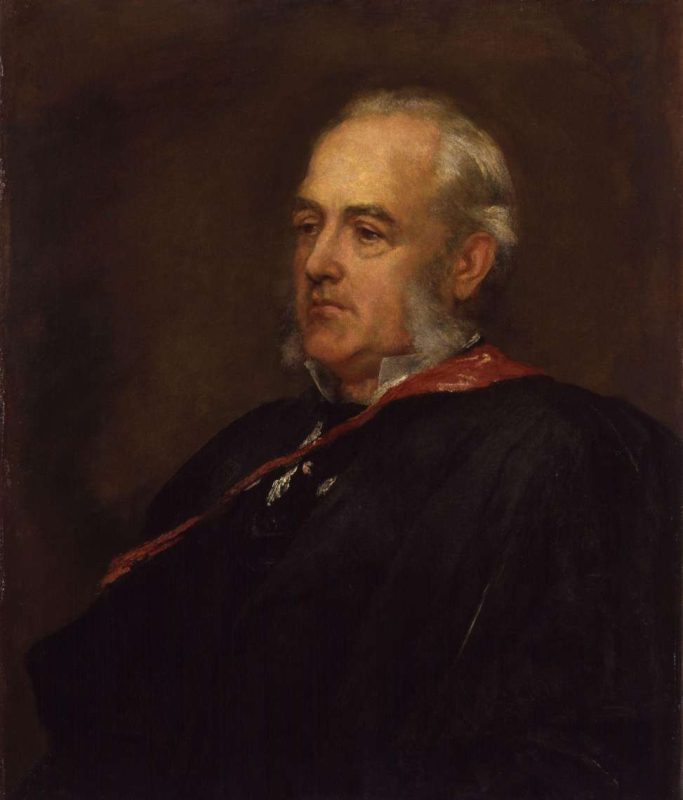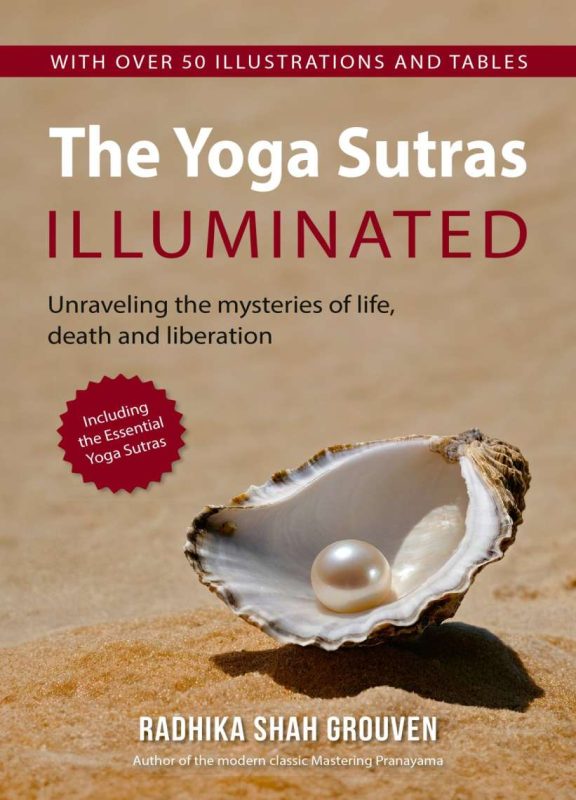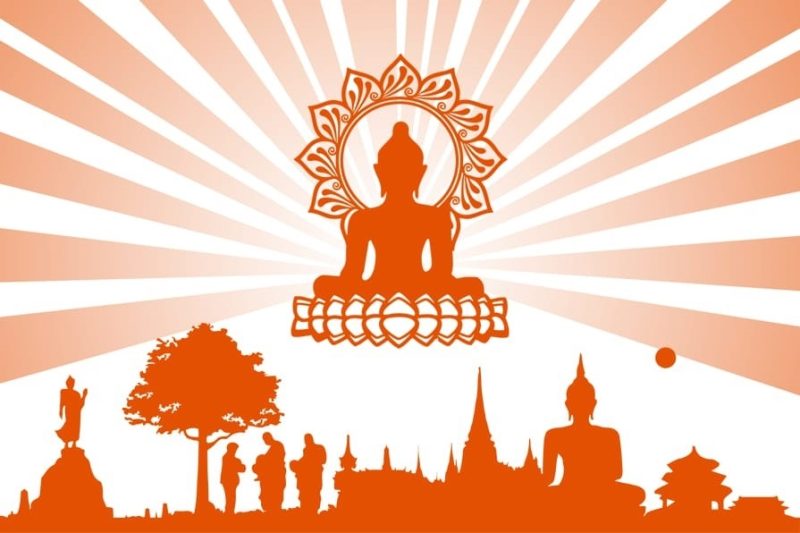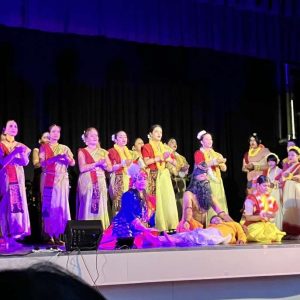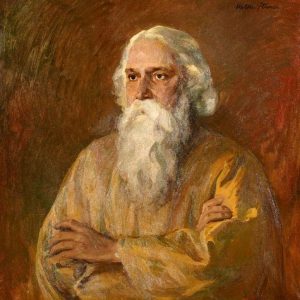Bhattanarayan is known to have left sixteen sons among whom was Narsingh, the ancestor of the “Thakurs” meaning sacred Brahmin…writes Dilip Roy
The Tagore family ancestry can be traced back to the Gupta Empire of Northern India (350 AD) and were the direct descendants of the much larger Empire going back before the Christian era to around (3000 BCE). However, The Gupta period of medieval India is generally regarded by the historians as the most important. This era was the Zenith of artistic and creative activity which is referred to as the Classical or the Golden age of India this was the time when Sanskrit culture really took off. Both spoken as well as written language were essentially Sanskrit.
The two important cities of the time were KANAUJ and UJJAIN were significant for its artistic and intellectual activity. One is reminded of the great Sanskrit poet KALIDASA who hailed from such a place.
Around the year 900 AD King Vira Singh then ruler of KANAUJ (Ancestral place of the Tagores) sent Pundit Bhattanarayana a Sanskrit scholar and chief of five famous Brahmins, to the neighbouring state of Bengal at the request of King Adisura of Bengal.
Bhattanarayan is known to have left sixteen sons among whom was Narsingh, the ancestor of the “Thakurs” meaning sacred Brahmin. Eighth in the line of descent from him Dharanidhara the author on the commentary on the institutes of MANU (executor of Law} and his grandson Dhananjai, was a judge under King Ballala Sen of Bengal who established the system of “Kulinism” the social classification of Brahmins and Kaysthas of Bengal. These two classes formed the most important social structure and the object according to one Rajah Rajendralal Mitra, was to give preeminence to Brahmins and Kayasthas under the patronage of King Adisura of Bengal.
Dhananjai’s son Halayudha was a Prime Minister under King Lakshman Sen of Bengal (1200) AD and his two grandsons Mahendra and Gunendra were respectively knoen as Elder Prince and Yonger Prince. The sixth in the descent from elder prince was Jagannatha, famous for his learning, was known as Pundi Raja or Prince of Pundits. His son Purushottam was the author of “Prayag Ratnamala” and other learned works.
Sixth in the line from him was “Panchanan Kushari” a chaste Brahmin of Jessore a province of East Bengal. He left East Bengal and came to settle at a place called Govindpur in West Bengal here he boght a land and built a house and a temple dedicated to Lord Shiva. Panchanan was was the first to receive the title of Thakur or Tagore the anglicised version of the name. He left a son called Jairam rightly reffered to as the commom ancestor of the TAGORES later he moved to a place called Pathuriaghata in Calcutta where he erected a mansion and a bathing ghat, He died in 1756 leaving four sons two of whom, Darpanarayan and Nilmani became the torch bearers of two different branches of Tagore families namely the Senior (Pathuriaghata) and the Junior (Jorasanko).
It is also unique in the annals of Indian history that almost all the three generations of these two branches has produced family of Artists, Intellectuals and Scholars of International repute. The most outstanding among them were Musicologist Sourindro Mohan Tagore ((1840-1914) he belongs to the Senior branch of the family and became the first Indian to be awarded honorary degree in music by Oxford University in 1896. Rabindranath Tagore (1861-1941) belonged to the Junior branch of the family who won the Nobel Prize in Literature in 1913 the first Indian to do so.
(Dilip Roy is a Fellow of Royal Asiatic Society UK and is a researcher on cultural subjects)
ALSO READ-Tribute to Tagore event mesmerises Manchester audience


